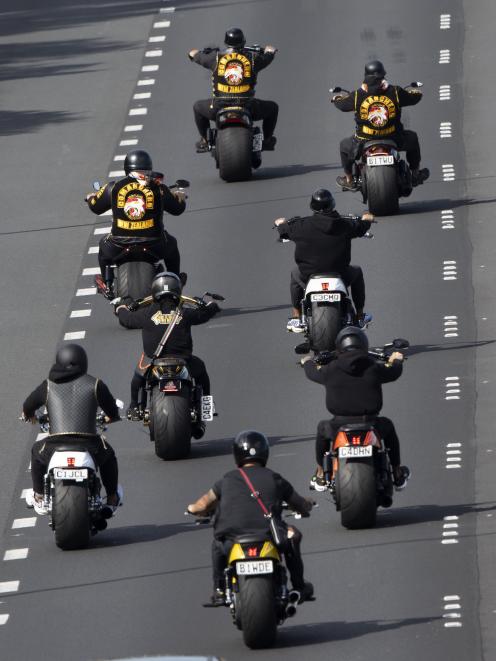
Stirring up voters about law and order, convincing us we are unsafe whether that aligns with the facts or not, is a tactic tiresomely familiar to anyone who has been subjected to a general election campaign.
Ahead of election year, the National Party has seized the opportunity to make hay out of the distressing gang-related drive-by shootings occurring in Auckland, insisting that if only the Government heeded its advice we could all sleep safely in our beds.

The party’s attitude to the removal of Poto Williams as police minister has been like a child at a birthday party who, after pushing the other kids off seats to win musical chairs, cries because the prize they have been given was not what they expected. Their carping about Ms Williams’ performance and calling for her removal was eventually responded to by the Prime Minister, but then before new minister Chris Hipkins’ feet were even under the desk they were criticising him too. It looked petty.
National’s proposals include banning gang patches and insignia in all public spaces and on publicly accessible social media sites. Public bans of patches have been tried before with questionable results and the logistics of any social media ban would depend on easy identification of what images should be banned, something Internet New Zealand says is impossible. The party seems to have given little thought to how it would work.
It is also difficult to see how rigid consorting prohibition proposals would fit with our Bill of Rights. Likewise, any suggestion of increasing access to warrantless searches is likely to be problematic.
Long-time gangs researcher Jarrod Gilbert has rightly pointed out that getting-tough measures can sound brilliant on the hustings, but in government politicians find it is much more complex than they anticipated.
He says solutions need to target specific problems. Drug dealing, for instance, involves a different approach to that required for dealing with spats between rival gangs.
What did work with the latter, was increasing police resources and intensifying the policing of gangs, picking up members for minor infringements and generally making their lives miserable. This was not a permanent fix, but effective at quelling gang warfare.
Mr Hipkins, who has a degree in criminology and took an interest in the causes of youth offending during his study, does not seem inclined to rush into promoting quick-fixes which might turn out not to fix anything.
In his early comments on his new portfolio, he said his focus would be on stopping young people joining gangs. He sees education, jobs training and employment as vital for this.
Police Association president Chris Cahill seems to be singing a similar song. While people were concerned about increased gang presence, he has said, addressing the issue of why young people were joining gangs and turning off that tap would be the best result.
He has also pointed out any law changes made would need to be workable and not at risk of being thrown out by courts.
In our view, if the Government merely succumbs to the temptation to do something tough because it worries about voters swallowing National’s "soft on gangs" taunts, it will not result in real change.












